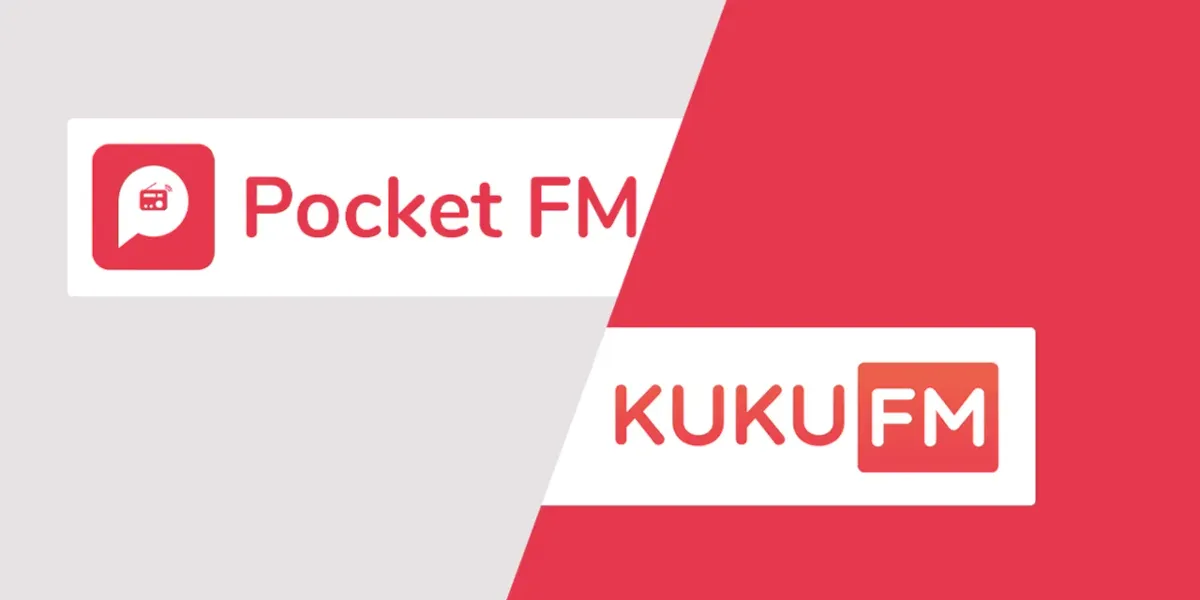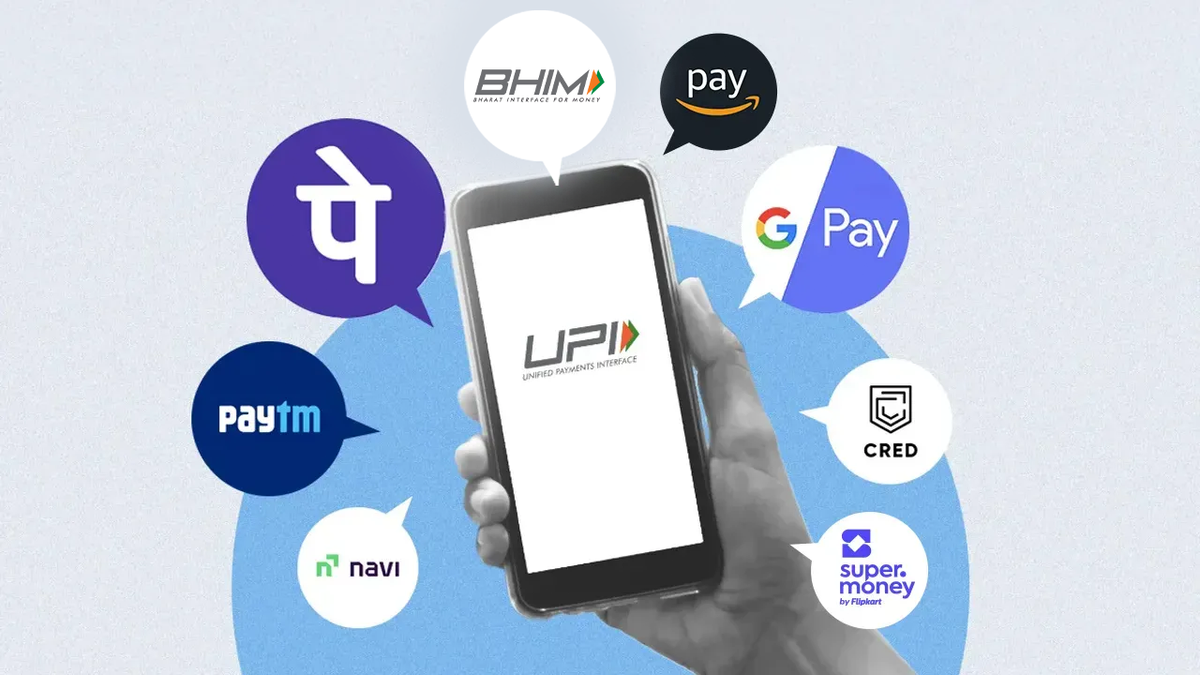“`html
Edu-Fintech in India: Current Trends and Funding Landscape
The edu-fintech sector has witnessed various challenges since the post-pandemic era. Startups in this domain raised nearly $6 billion, with several achieving unicorn status. The turmoil at Byju’s notably influenced the wider edu-fintech scene, resulting in layoffs at firms like Unacademy and Vedantu. Other than PhysicsWallah’s IPO and a few substantial funding rounds involving companies such as Eruditus and upGrad, notable activities within the sector have been relatively limited since January 2024. In comparison, fintech startups concentrating on education have expanded their footprint over the past 18 months.
Data from multiple sources indicates that edu-fintech startups raised $1.2 billion since 2024. Interestingly, more than 35% of this funding—around $424 million—has been allocated to startups focusing on education loans. This trend highlights that while overall investor enthusiasm for edu-fintech may have diminished, there remains a robust demand for educational financing platforms assisting students and their families with the increasing costs of education.
Leading Edu-Fintech Startups Funded Since January 2024
Leap Finance emerged as a frontrunner, securing $165 million over two funding rounds. This amount includes $100 million in debt and $65 million through a combination of primary and secondary capital, with Apis Partners spearheading the investment. Both funding rounds occurred in 2025. Avanse, an education-centric non-banking financial company (NBFC), obtained $117 million (Rs 1,000 Cr) in primary funding from Mubadala Investment. Additionally, Auxilo, based in Mumbai, raised $48 million through three rounds in 2024, with $18 million coming from two debt rounds.
Another significant funding achievement includes Bengaluru’s Varthana, which raised $42.25 million across four rounds, while Propelld secured $25 million through a debt round. Other notable players include Mumbai’s GrayQuest, the education loan marketplace startup GyanDhan, Invest4Edu, and Lorien Finance.
Year-on-Year Funding Trends
The edu-fintech sector aimed at education has experienced marked changes over recent years. In 2021, more than $100 million was attracted in funding, with companies such as Eduvanz, Leap, and Leverage Edu raising capital across several rounds. By 2022, the momentum increased, bringing funding to approximately $169 million. However, in 2023, there was a significant decline in investments, dropping by over 55% to $76 million. Since 2024, the sector has shown recovery signs, as venture capital funding climbed to $424 million.
Financial Performance of Edu-Fintech Startups in FY24
In FY24, Avanse dominated the sector with an operating revenue of Rs 1,726 crore, followed closely by Auxilo, Varthana, Leap, and Propelld, which reported revenues of Rs 357 crore, Rs 278 crore, Rs 201 crore, and Rs 82 crore, respectively. More than half of these startups, including GreyQuest, Leap, and Auxilo, achieved revenue growth exceeding 100% compared to the previous fiscal year (FY23).
Regarding profitability, Avanse reported the highest profit at Rs 332.5 crore, while Auxilo and Varthana reported profits of Rs 69.2 crore and Rs 31 crore, respectively. In contrast, Leap reported a loss of Rs 21.6 crore, Propelld faced a Rs 43.14 crore loss, and GreyQuest encountered a Rs 36.8 crore loss during the same timeframe. Notably, these losses are lower compared to core edu-tech companies. Furthermore, none of the edu-fintech startups have announced layoffs since January 2024.
In a nation where the Right to Education was finally granted after considerable delay, and basic literacy remains a challenge, the surge into edu-fintech has been easy to understand. The immense market size created opportunities for various providers. However, what should concern stakeholders is the expansion into diverse education sectors. The expense of obtaining a ‘quality’ education in India has escalated at a rate surpassing inflation, causing significant unease for many, potentially more than what the government realises. While a widespread backlash has yet to be seen, it may emerge as the election period approaches in 2029. This also provides ample time for numerous students who have taken loans for education to assess whether the loans, or the education itself, yield adequate returns in terms of job quality. It has been frequently highlighted how stagnant entry-level salaries in the IT sector have remained for over 15 years, even as the costs to qualify for such positions have increased more than three times.
The prospects in the professional education sector, where employees pursue their own funding for clear objectives, continue to be promising. However, the extension into graduate and undergraduate education poses risks that are presently significantly underestimated.
“`








